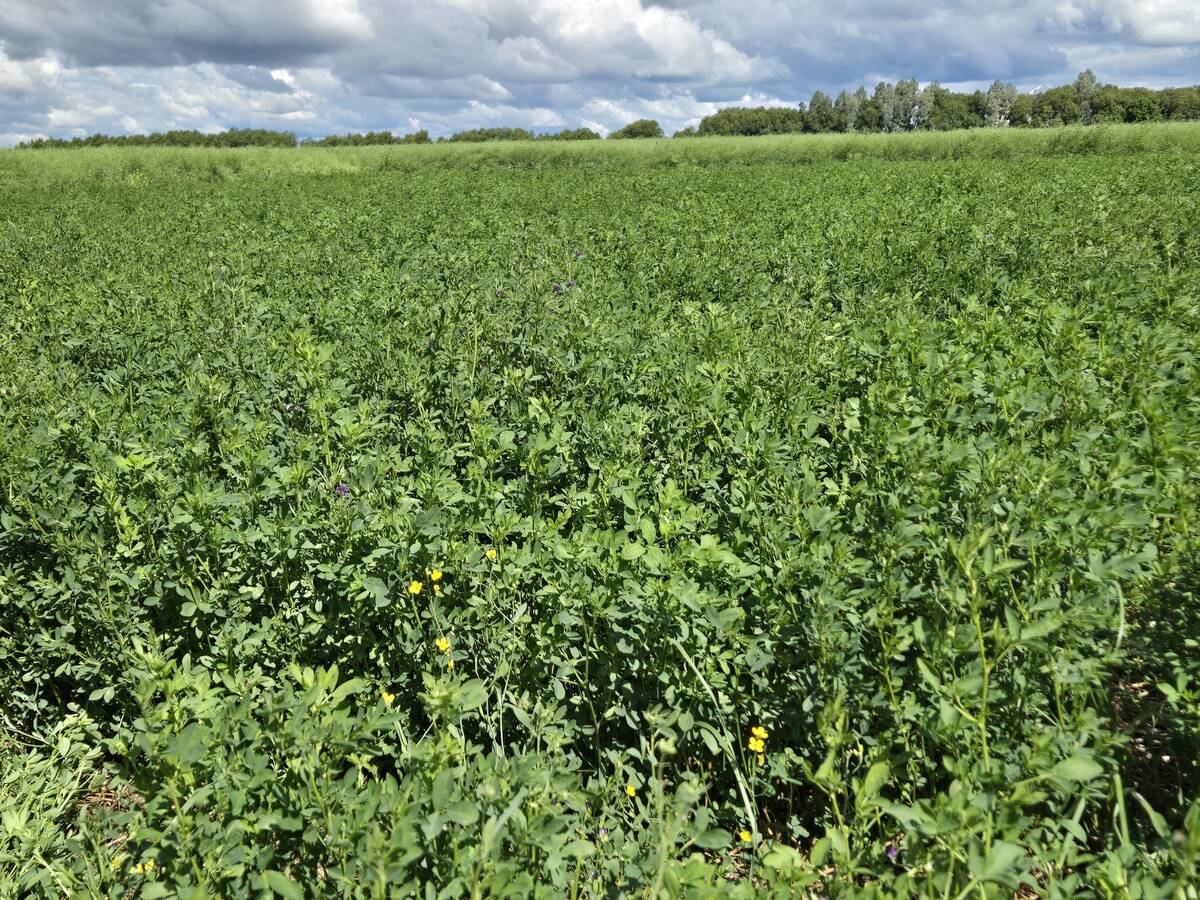MONTREAL — International food security experts are worried a 33 percent increase in the food price index during the past year will drive millions more of the world’s poor into food insecurity.
A billion people are already chronically undernourished, many of them subsistence farm families.
Those higher food prices should at least help developing world farmers earn more money to invest in their farms and increase local production.
William Masters, chair of the food and nutrition policy department at Tufts University in Massachusetts, says that is not how the world works. Farmers benefit little from price spikes and can actually be hurt.
Read Also

Manitoba Parkland research station grapples with dry year
Drought conditions in northwestern Manitoba have forced researchers at the Parkland Crop Diversification Foundation to terminate some projects and reseed others.
Most small-scale farmers in the developing world are also net food buyers so higher food prices cost them more than the increased value of anything they sell, he said in an Oct. 5 interview during a McGill University conference on global food security.
“The evidence is that higher food prices do not generally benefit farmers,” he said. “If you are a net buyer, even though there are higher prices, lenders have little incentive to lend to you for investment.”
Masters said farmers in the developing world also understand that food and grain prices fluctuate, so it would be a risk to borrow to expand production on the assumption that the higher prices will hold.
“You’d have to be a very foolish farmer indeed to invest in anticipation of next year offering as good prices as there are now.”
He also said that farm input costs rise along with food prices.
Masters said a greater problem for farmers hoping to benefit from higher incomes is that public infrastructure is not available to support them.
It is a “paradox of agriculture” that an entrepreneurial, competitive sector with trade secrets, patented technology and differentiated markets depends on public sector support through grading, inspecting and infrastructure, he said.
“We’ve learned the old-time lesson that agriculture is distinctly dependent on the public sector for the public investment that makes every farmer have access to technologies and a market that is necessary to make the public sector grow,” said Masters.
“Countries that have vibrant public support are the ones that have successful private sectors. We have neglected that public infrastructure for developing countries and it has had a huge impact.
















